

Agriculture Victoria’s apiary team increased the national award-winning State Quarantine Response Team (SQRT) in early March this year. Training was delivered to 25 new field team leaders (authorised Agriculture Victoria staff) and 35 industry members/beekeepers who wanted to help protect the industry from incursions of exotic bee pests. The SQRT program proved its worth when […] Read more
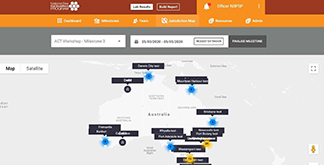
State and territory apiary and biosecurity officers recently came together to have their first look at a new tool to streamline the collection of bee pest surveillance data. The Bee Surveillance Portal is an online application which has been developed to manage the data collected by the National Bee Pest Surveillance Program (NBPSP) field activities. […] Read more
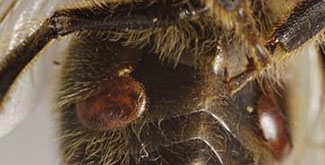
Current world events have highlighted the level of management required for preventative biosecurity and, even more so, the difficulty of tracing and eradication once an incursion breaches the border. They have also illustrated the importance of an individual’s actions. When it comes to bee biosecurity, all beekeepers need to be vigilant to support the early […] Read more
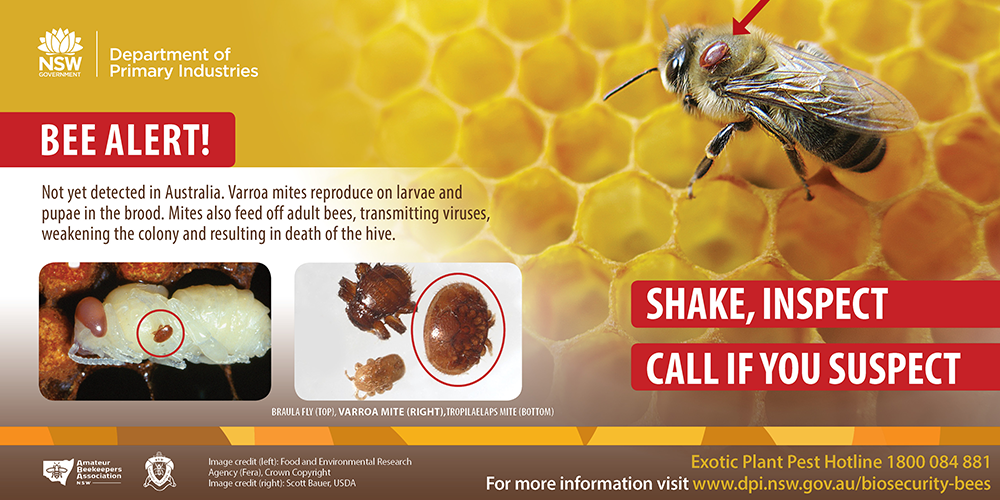
April is Sugar Shake Month, a joint initiative between NSW DPI, Amateur Beekeepers Association NSW, NSW Apiarists Association and the National Bee Biosecurity Program to promote awareness and surveillance for exotic bee mites in Australia. During April, all beekeepers are encouraged to perform a sugar shake test and submit their results to the NSW DPI. […] Read more
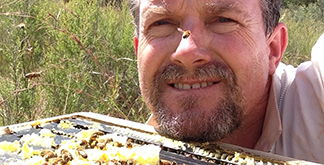
This update from NSW Bee Biosecurity Officer Rod Bourke gives an overview of his main activities since mid-2019. Exchanging mite experience with New Zealand In June-July 2019, I visited New Zealand to look at varroa in different beekeeping operations with Mark Page, the NSW DPI Bee Biosecurity Officer (Surveillance). We saw that you can run […] Read more
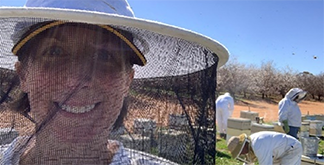
At the end of 2019 and beginning of 2020, Victorian Bee Biosecurity Officer Ally Driessen focused on bee biosecurity and disease and pest risk mitigation through: Supporting beekeepers who have notified the department about pests, diseases and bee deaths. These are mostly cases of suspected American Foulbrood (AFB) and chalkbrood. Supporting councils (through the Apiary […] Read more
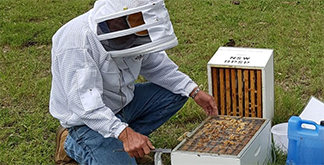
The Buzz with Rod Bourke Despite a reasonable spring, many parts of NSW are facing a tough outlook for the next 3-6 months. It is important to prepare your hives adequately now so that they can idle along with as little stress as possible. Ensure hives have a good store of honey (at least 15-20kg) […] Read more
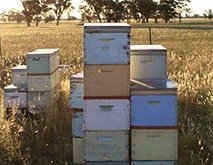
Hiveminded with Mark Page Complaints about nuisance bees have risen over the past few months due to the impacts of drought and fire on floral resources and water. A common cause of complaints is bees foraging for water. Providing water in your yard for bees can be as simple as a bucket with a towel […] Read more

Last year’s survey looked at the biosecurity awareness of Australian beekeepers, including pest and disease symptoms, and the Code of Practice. Read more
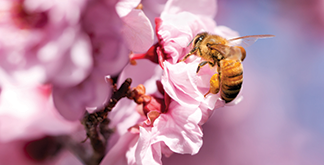
A short survey has been developed to find out how healthy Australian honey bees are, and what pests and diseases might be causing problems for beekeepers. Read more
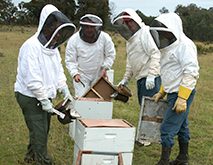
It’s that time of year again. NSW DPI is asking beekeepers to inspect their hives and work together to minimise the occurrence of American foulbrood (AFB) in NSW hives. What is AFB? AFB is a fatal and incurable disease of European honey bees caused by the bacterium Paenibacillus larvae. The bacterium kills the bee larvae […] Read more
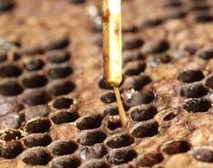
PIRSA Biosecurity SA is reminding beekeepers to be on the lookout for American foulbrood (AFB) following a detection in hives in the Mount Barker area. AFB is a notifiable bacterial disease that kills honeybee brood, resulting in the weakening and eventual death of affected hives. General Manager of Plant and Food Standards at Biosecurity SA, […] Read more
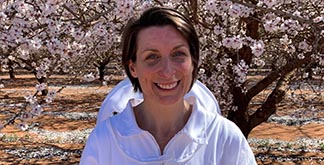
Ally Driessen is a welcome addition to the Agriculture Victoria Bee Biosecurity team. An amateur beekeeper and permaculture enthusiast, Ally has more than 10 years’ experience as a coach, trainer and project manager in corporate Melbourne, where she worked closely with stakeholders to ensure that changes delivered met business and stakeholder needs. “I love bringing […] Read more
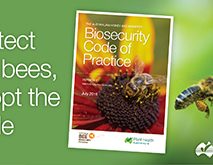
A new condition will come into effect from 1 July 2020 requiring existing and new beekeepers registered in NSW to comply with the Australian Honey Bee Industry Biosecurity Code of Practice (the Code). What is the Code? The Code has been developed by industry in collaboration with all states and territories to provide a national […] Read more

Beekeepers who plan to attend pollinations are urged to complete a four point checklist. Read more
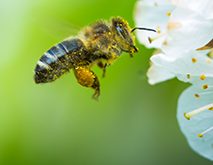
Preliminary trials have shown there to be a direct correlation between gut bacterial numbers in honey bees and the overall health of hives. High levels of gut bacteria in honeybees could mean healthier and more productive hives, according to the latest research from the University of Canberra funded by AgriFutures Australia. While further testing needs […] Read more
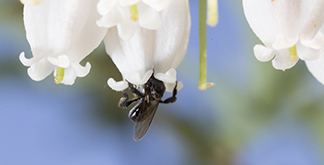
Pollination guides for blueberry, melon, macadamia and avocado crops are now available for Australian producers. Each brochure contains detailed information about the basics of pollination, the range of pollinators for the crop, and a checklist to ensure the best pollination results. The unique features of each crop are considered to give tailored advice on maximising pollination […] Read more
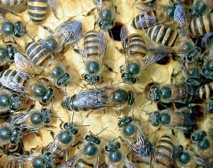
Varroa mites have been detected on an Asian honey bee nest that was recently found and destroyed at the Port of Townsville. The nest was located on 16 May 2019 as a result of bee lining activities where foraging bees are tracked. Combs and bees collected from the nest were sent to the Brisbane Biosecurity […] Read more
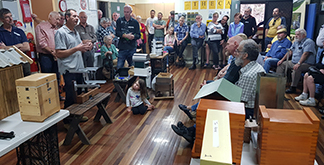
Native bee enthusiasts and professionals alike are in a buzz of excitement with the formation their own member organisation, the Australian Native Bee Association. President Dr Tim Heard said: “The association will harness and spread the enthusiasm for native bees by many groups including naturalists, beekeepers, farmers and backyarders.” The Australian Native Bee Association aims […] Read more
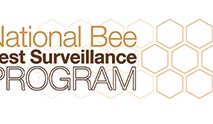
Surveillance for bee pests from overseas is essential to maintaining a healthy bee population in Australia and protecting our beekeeping industry. The National Bee Pest Surveillance Program (NBPSP) monitors for the presence of exotic bee pests and pest bees, as well as regionalised bee pests, across 32 sea and air ports. Dr Jenny Shanks, Bee […] Read more